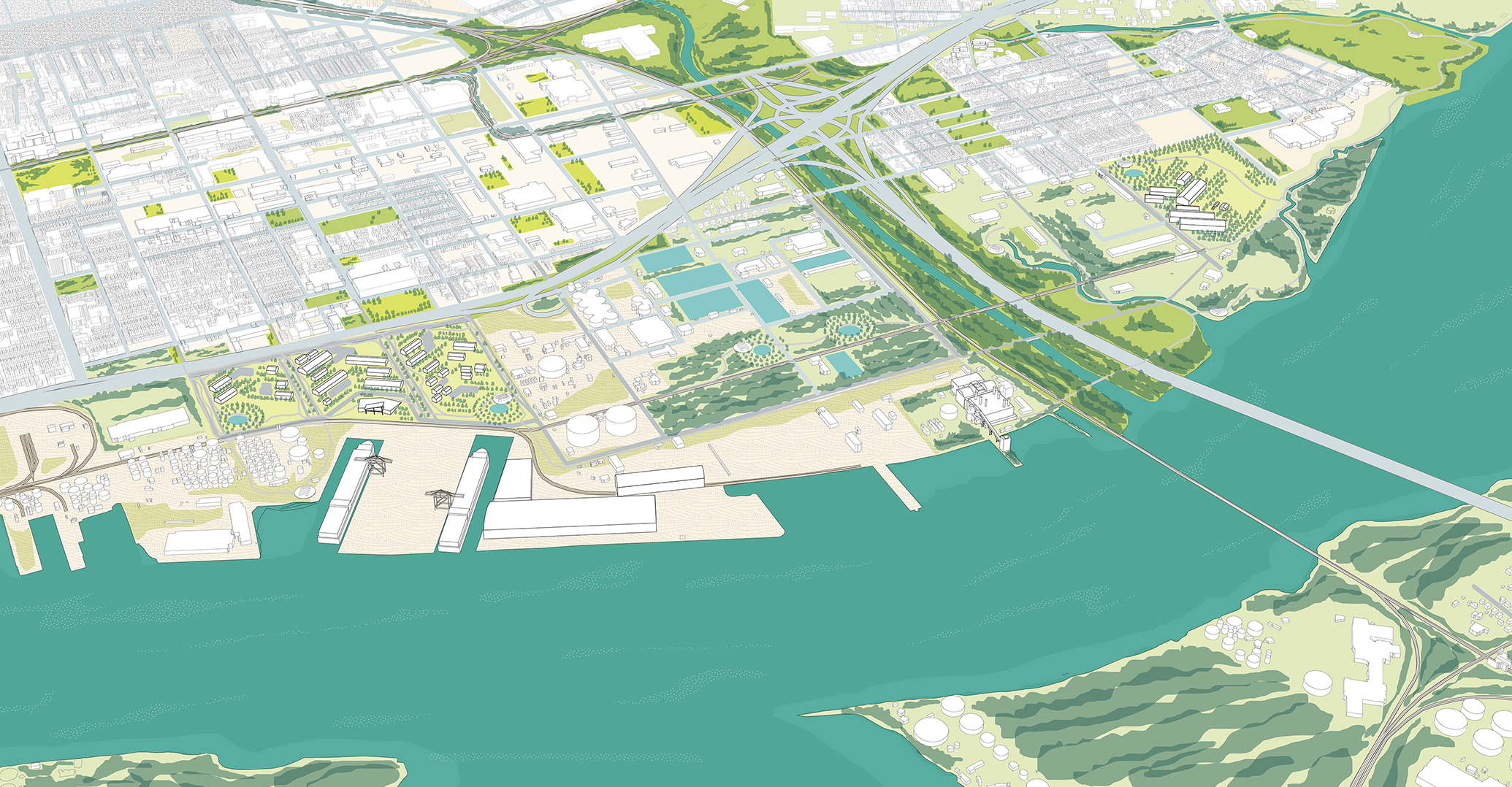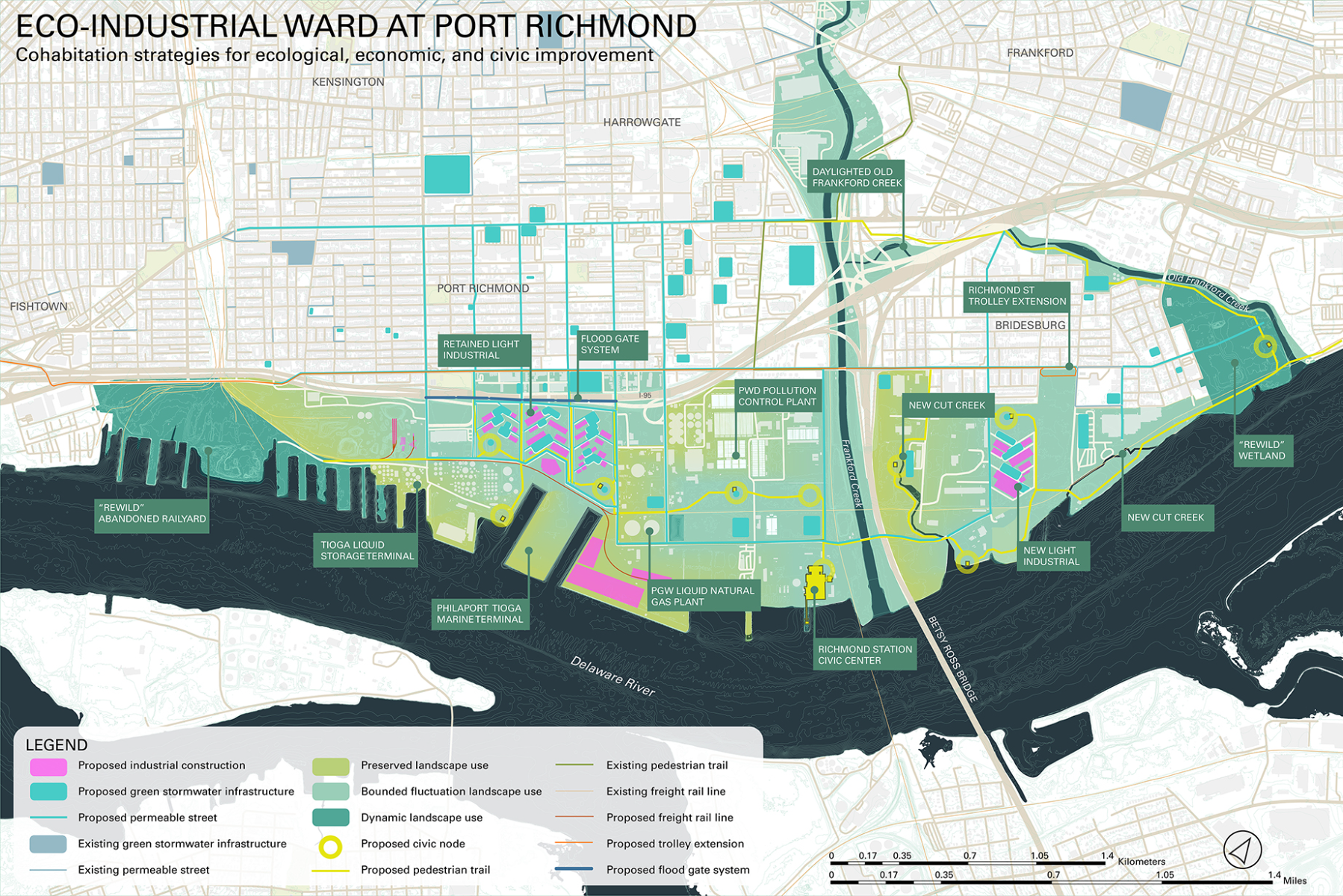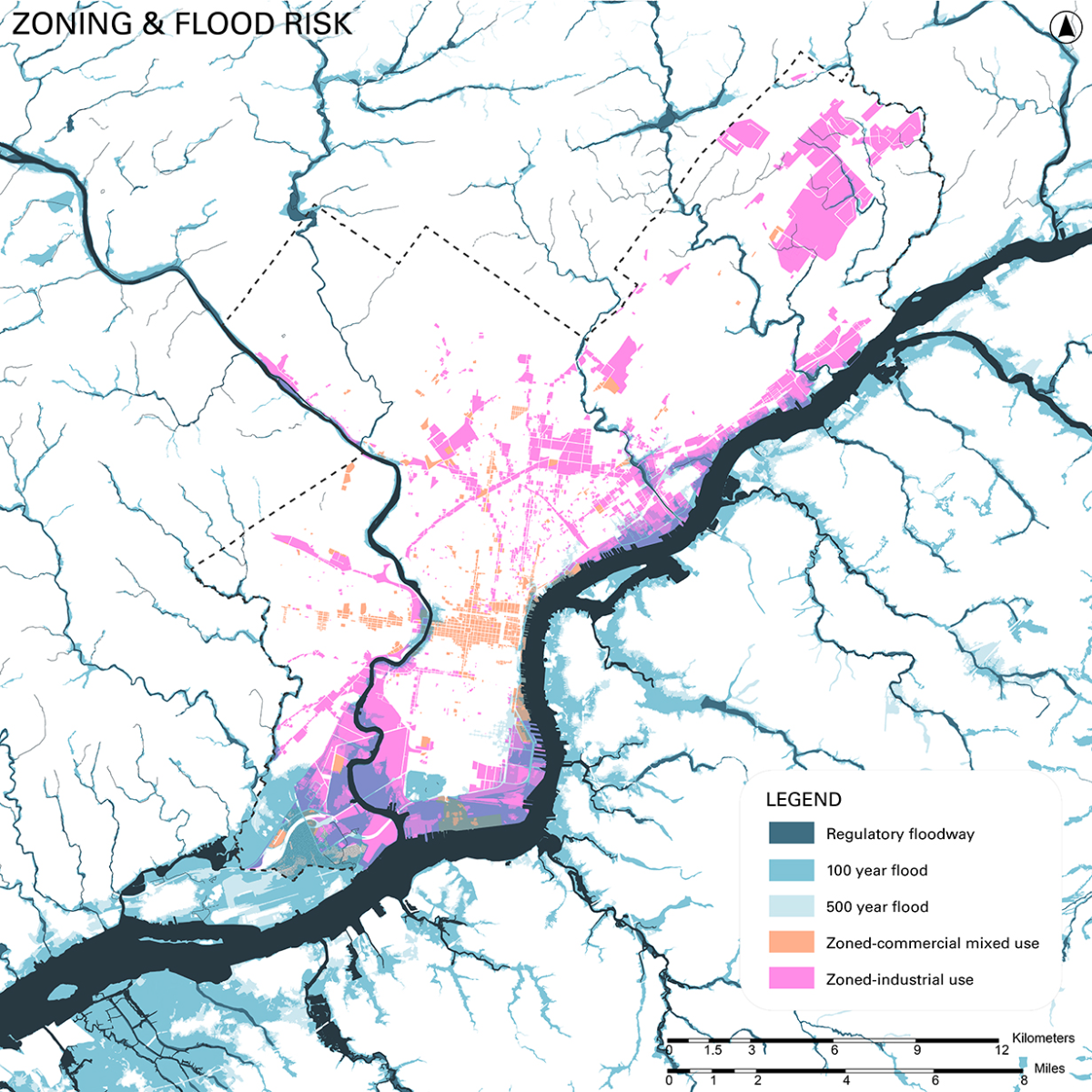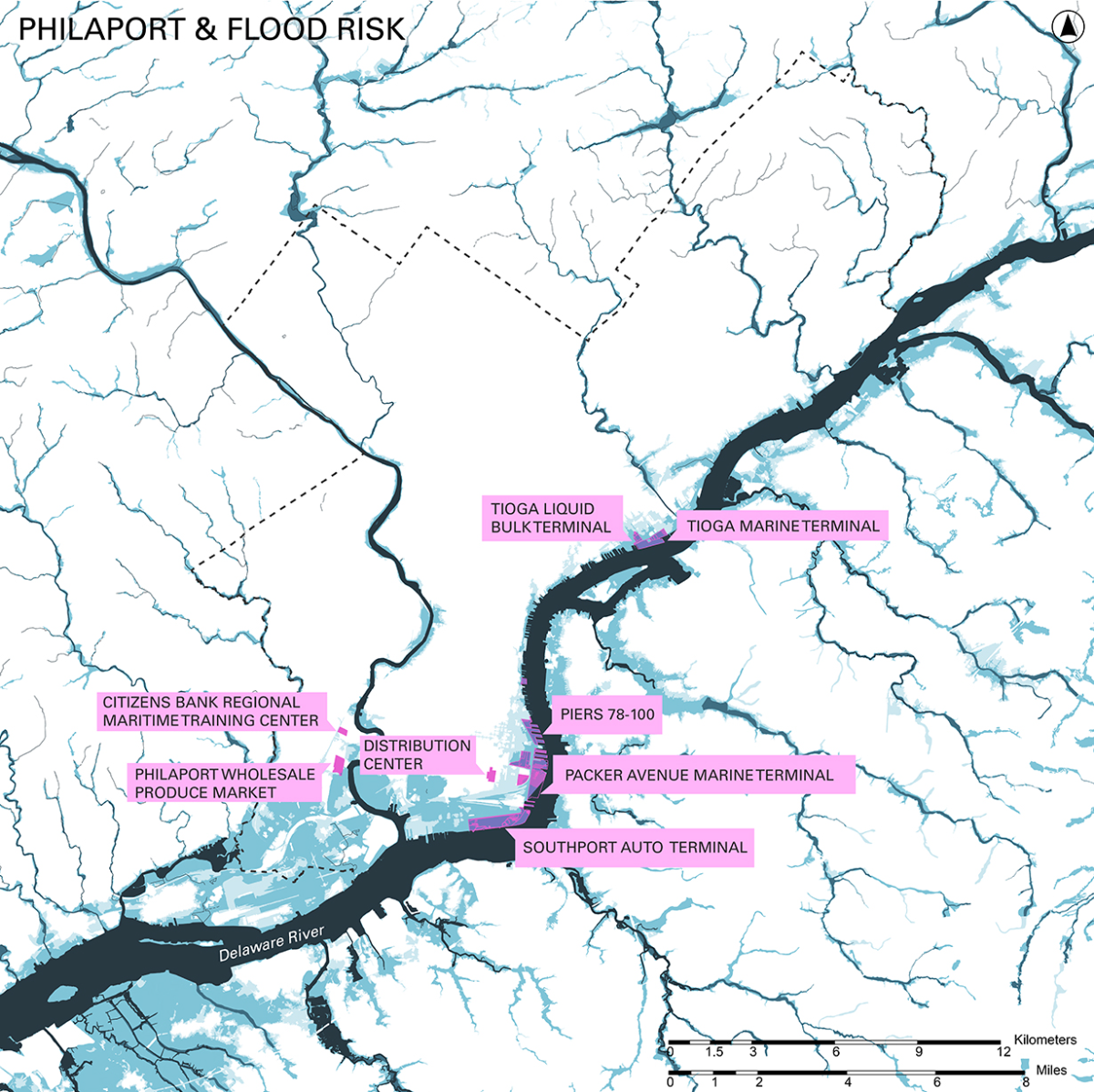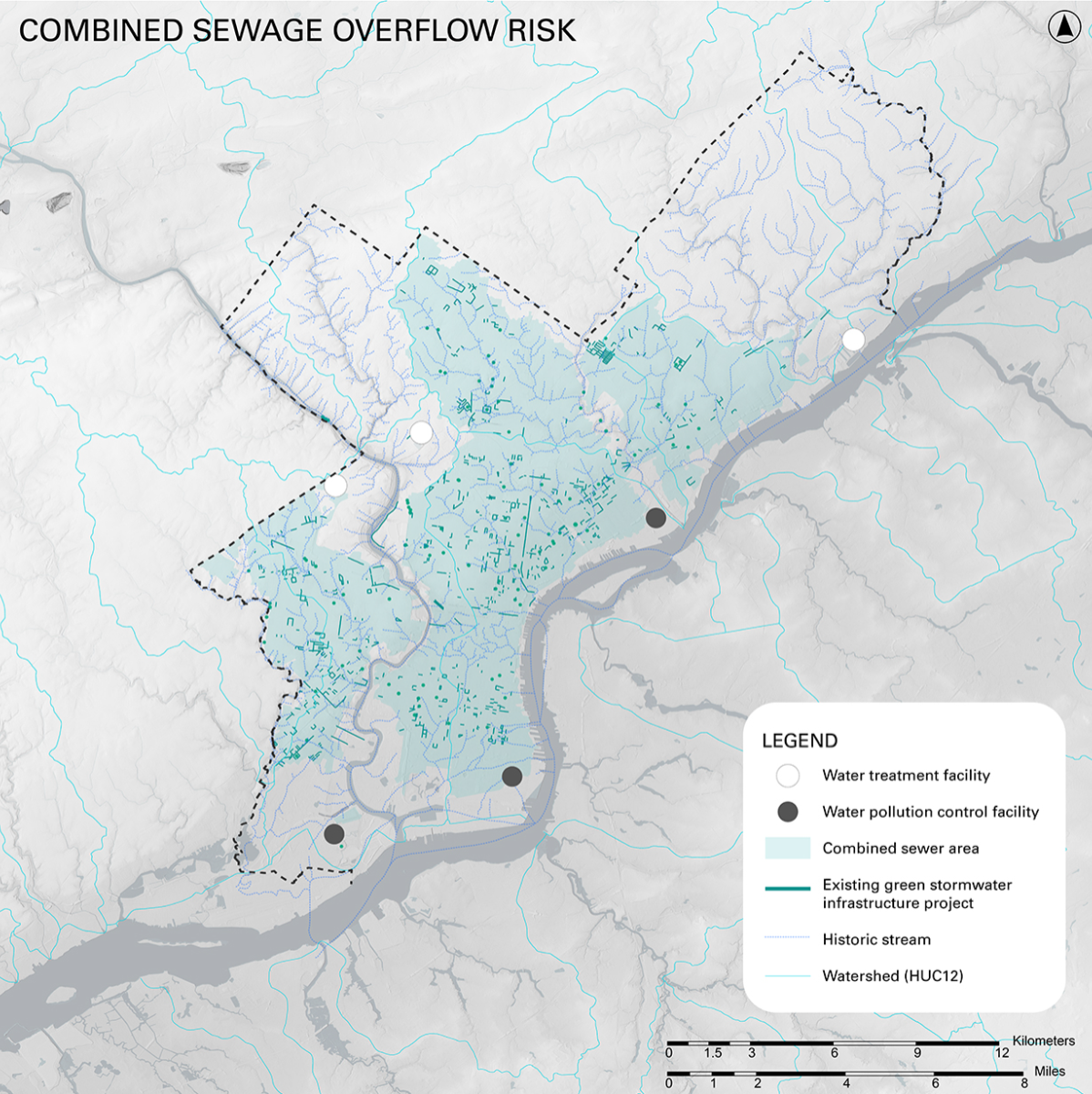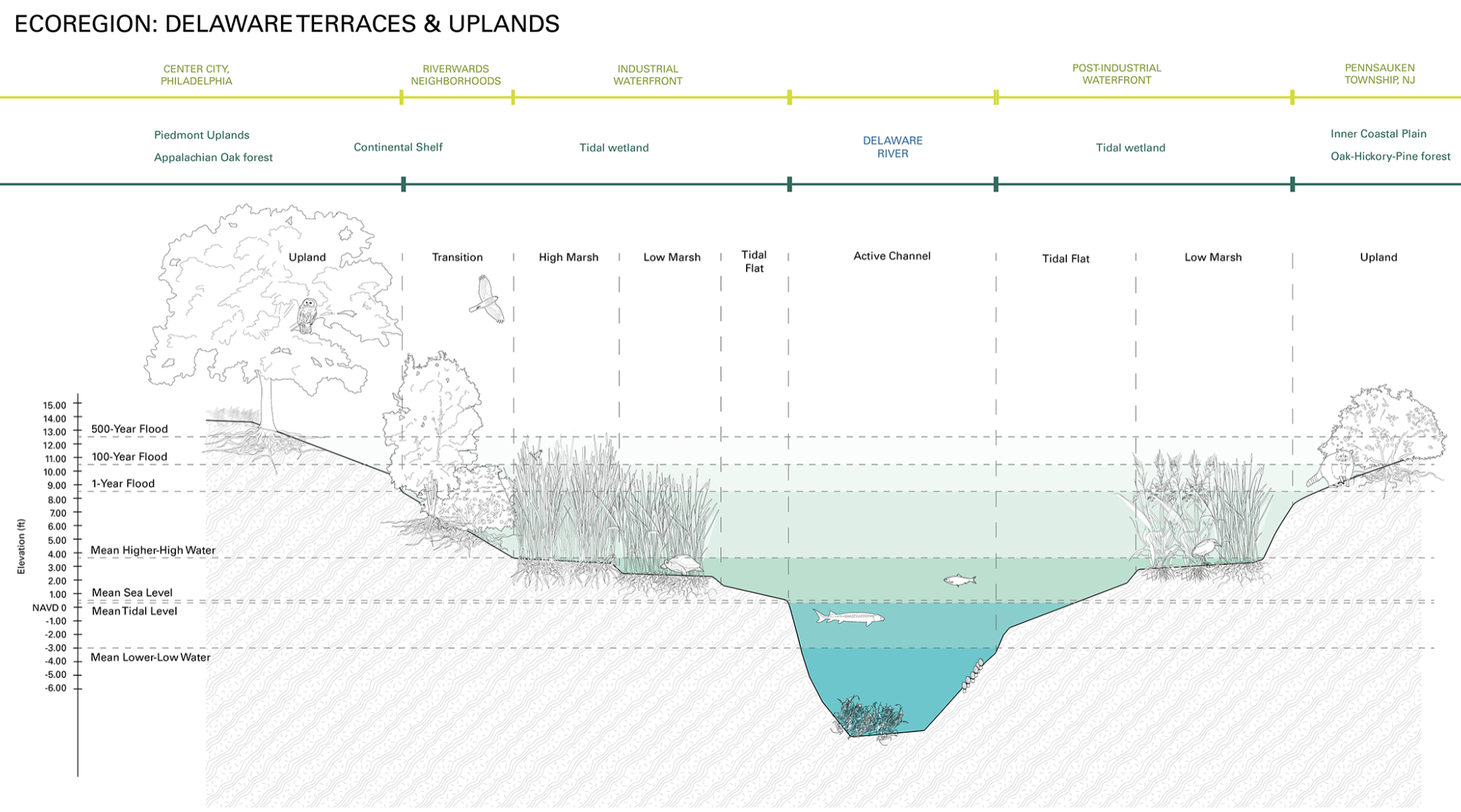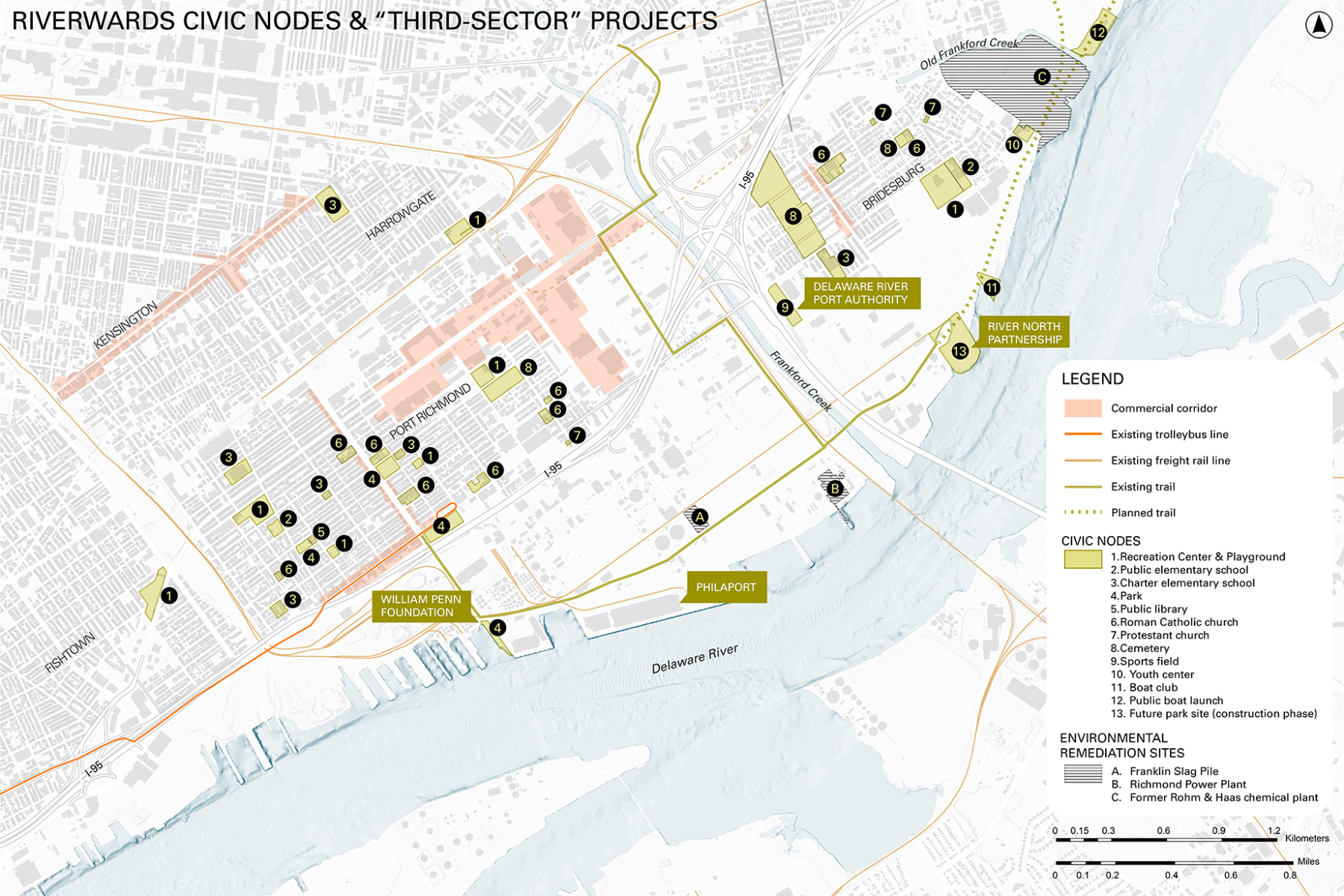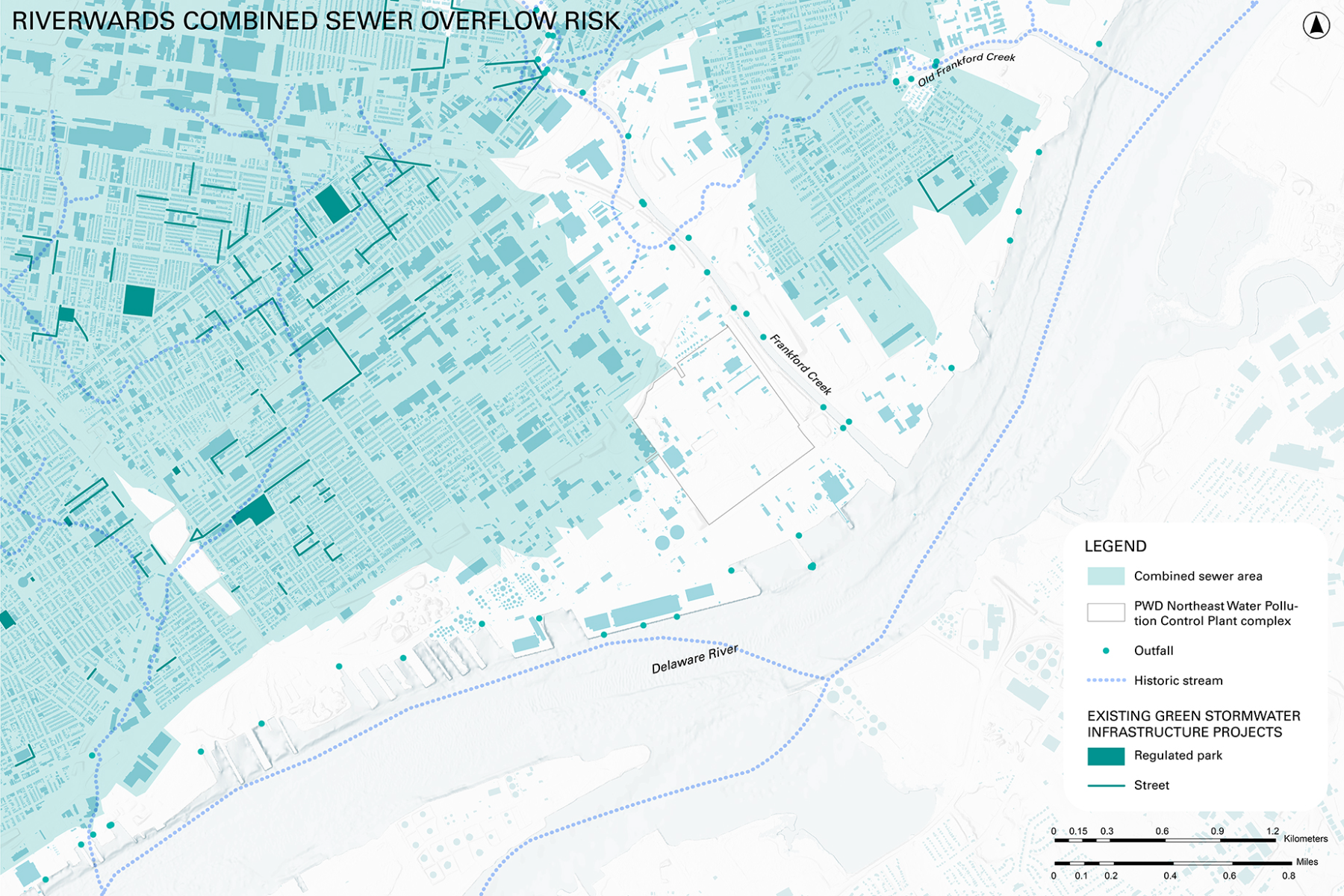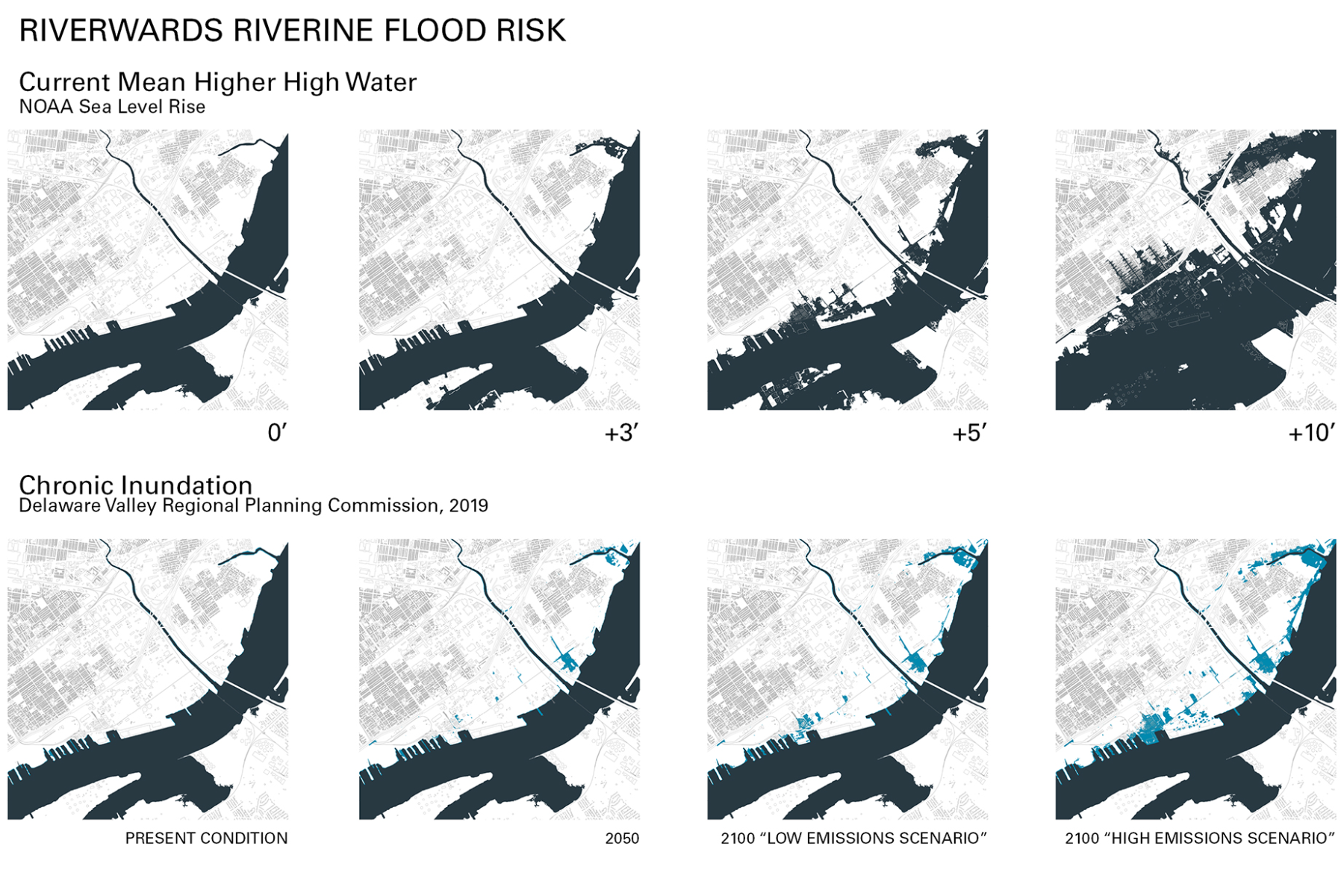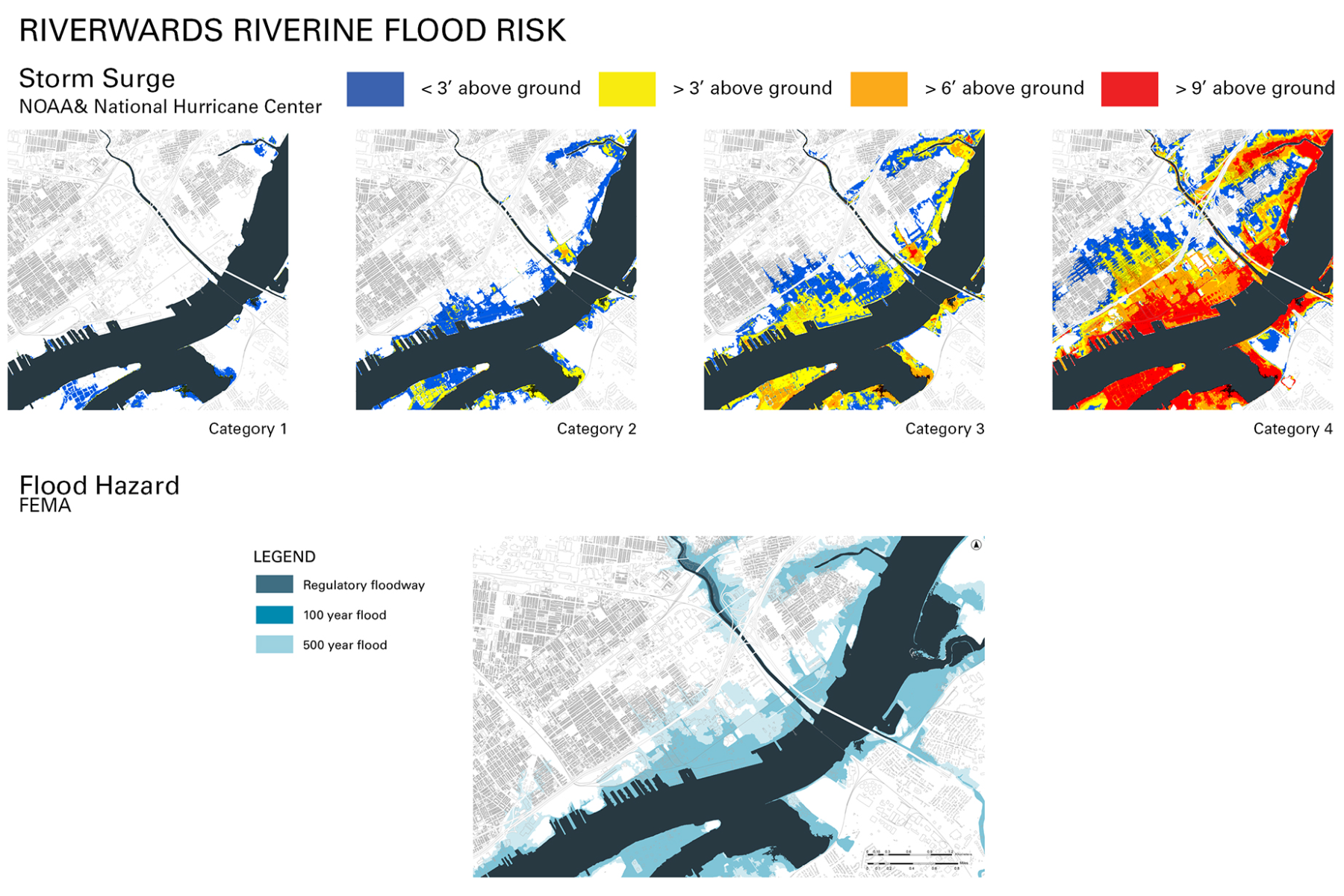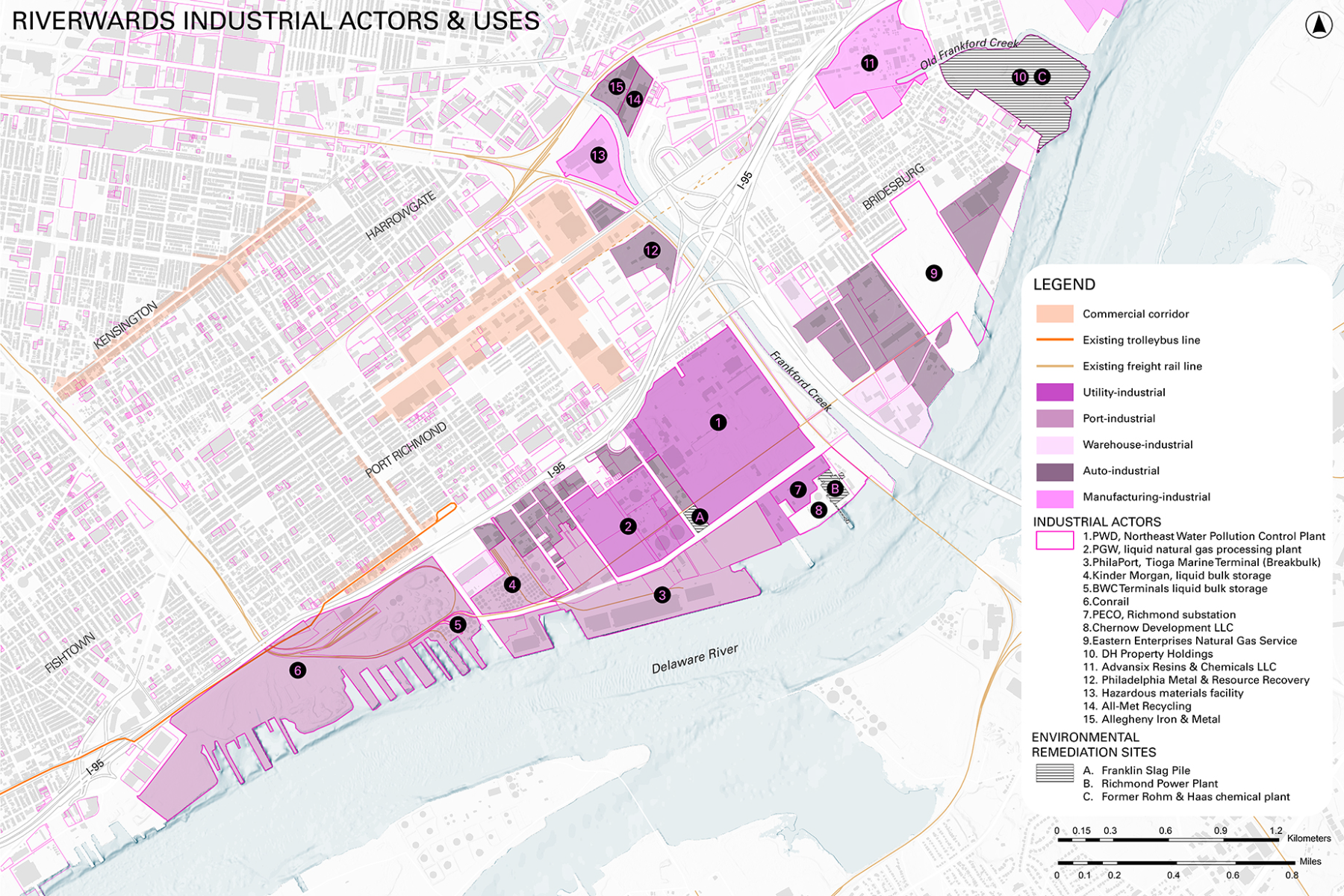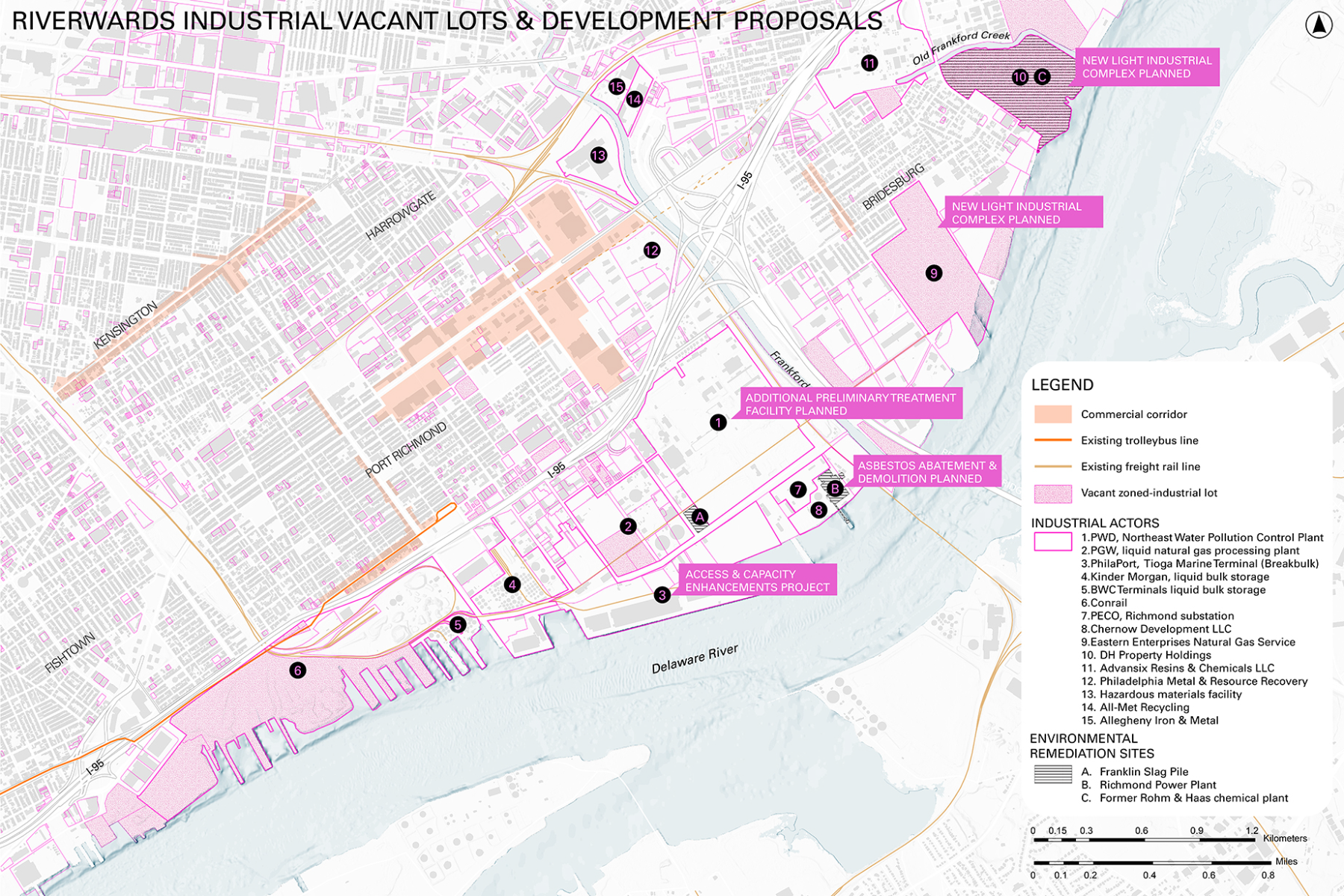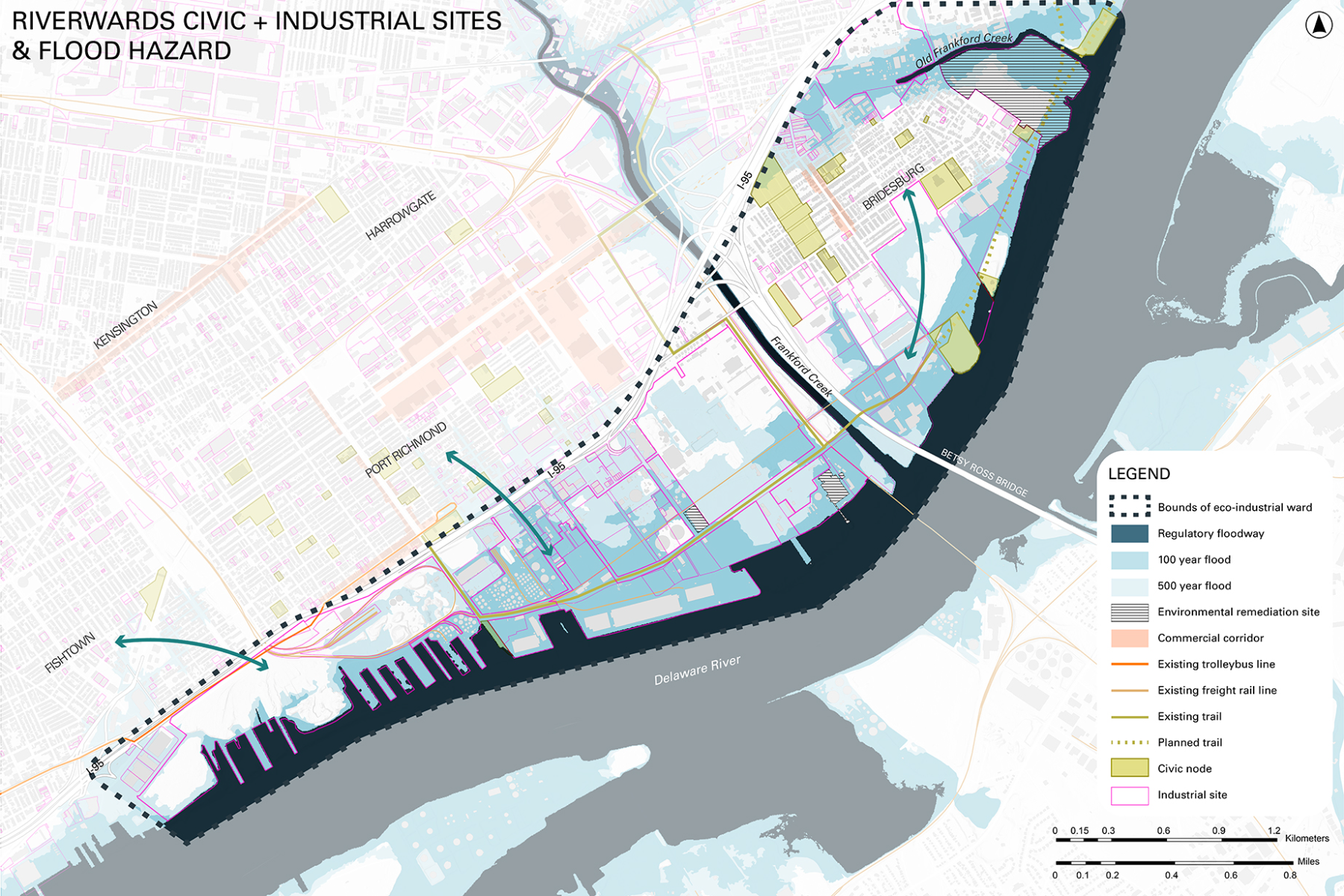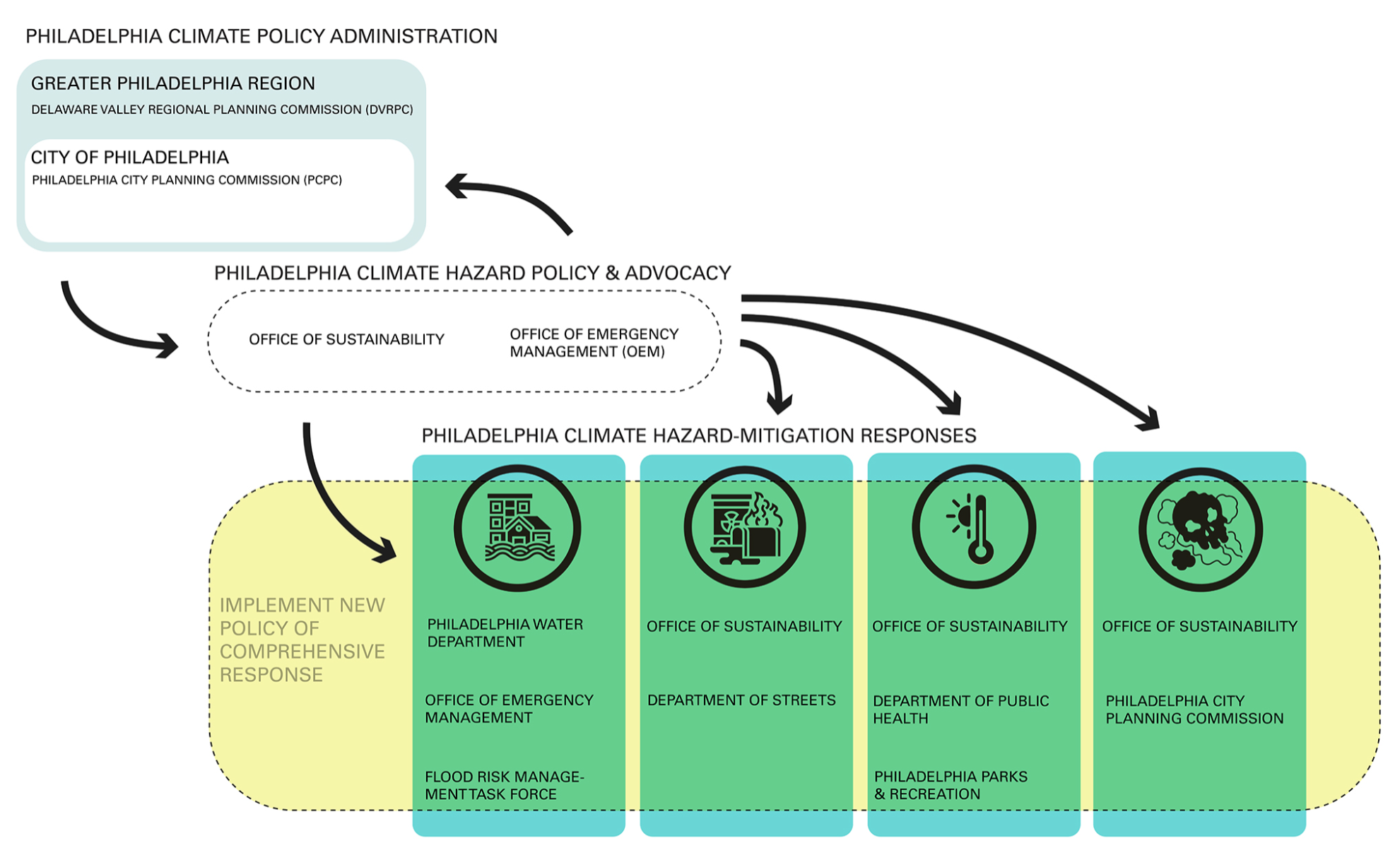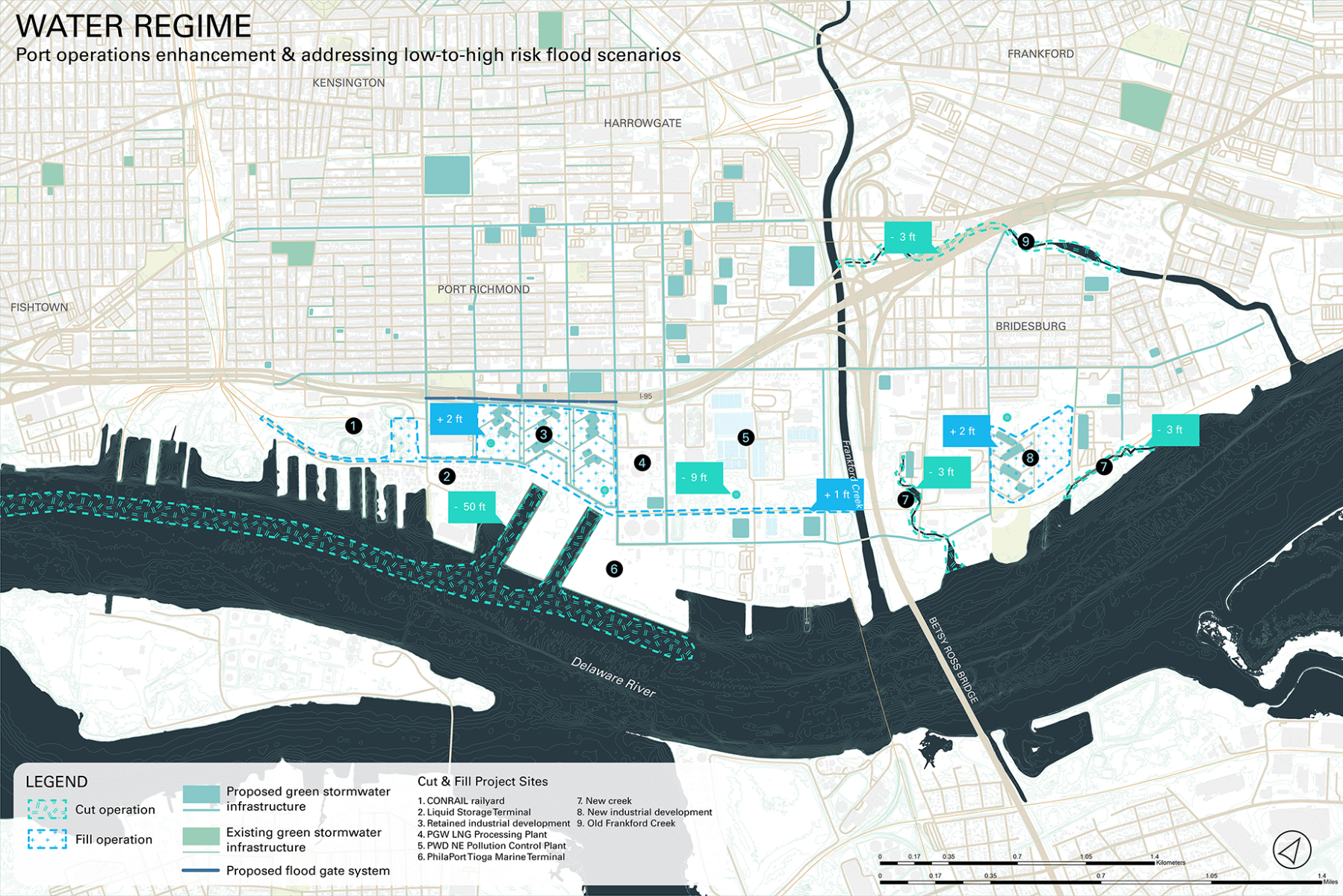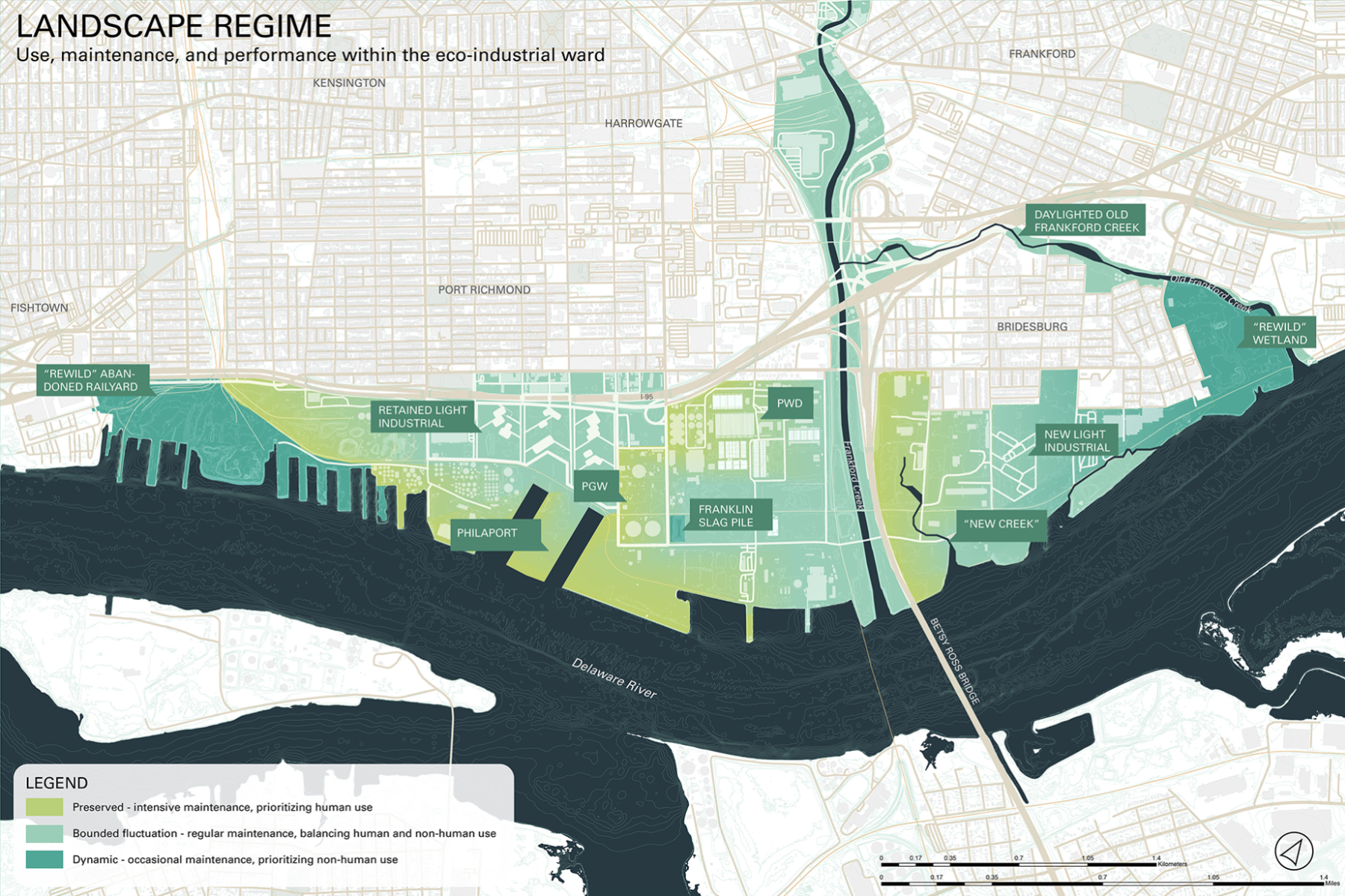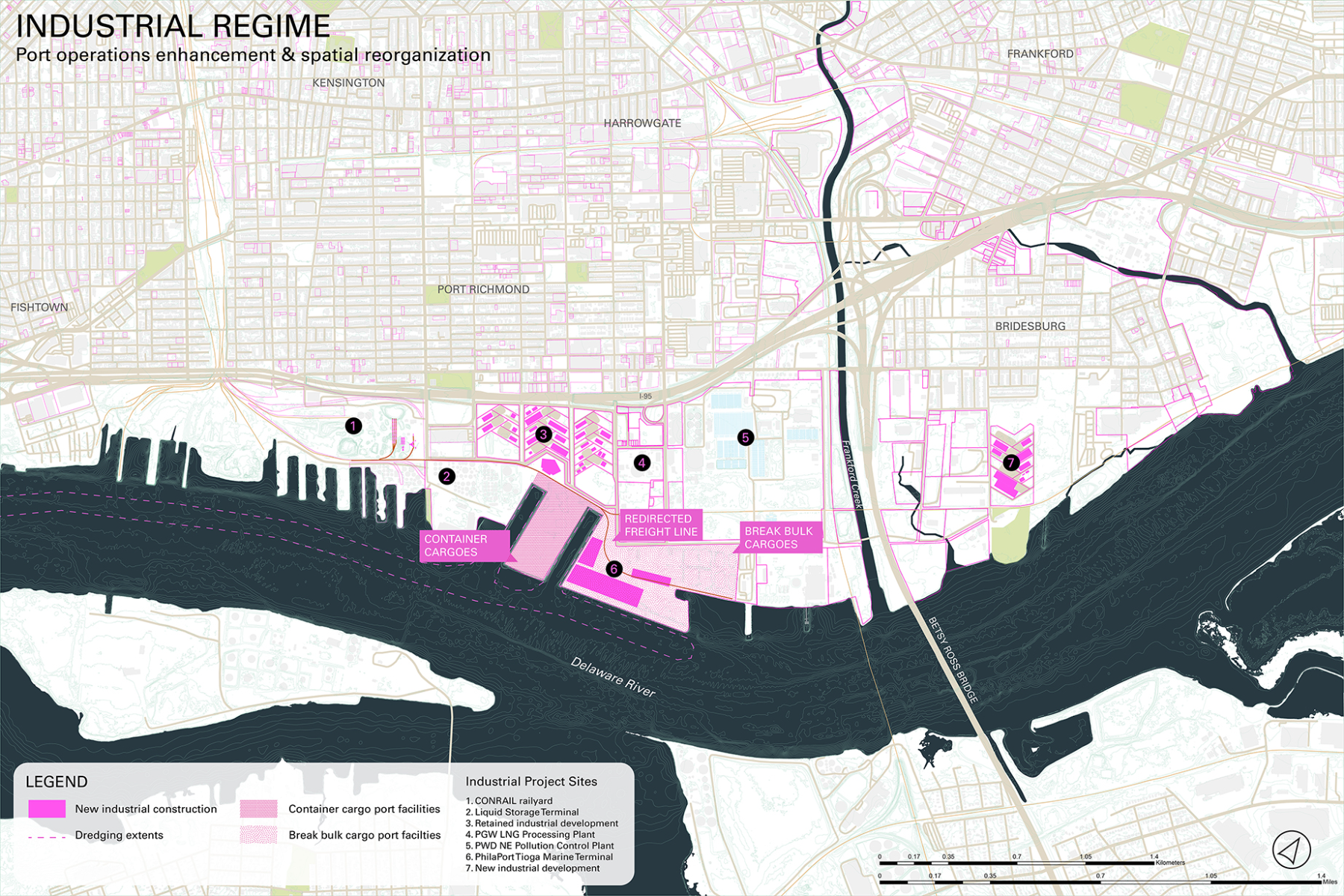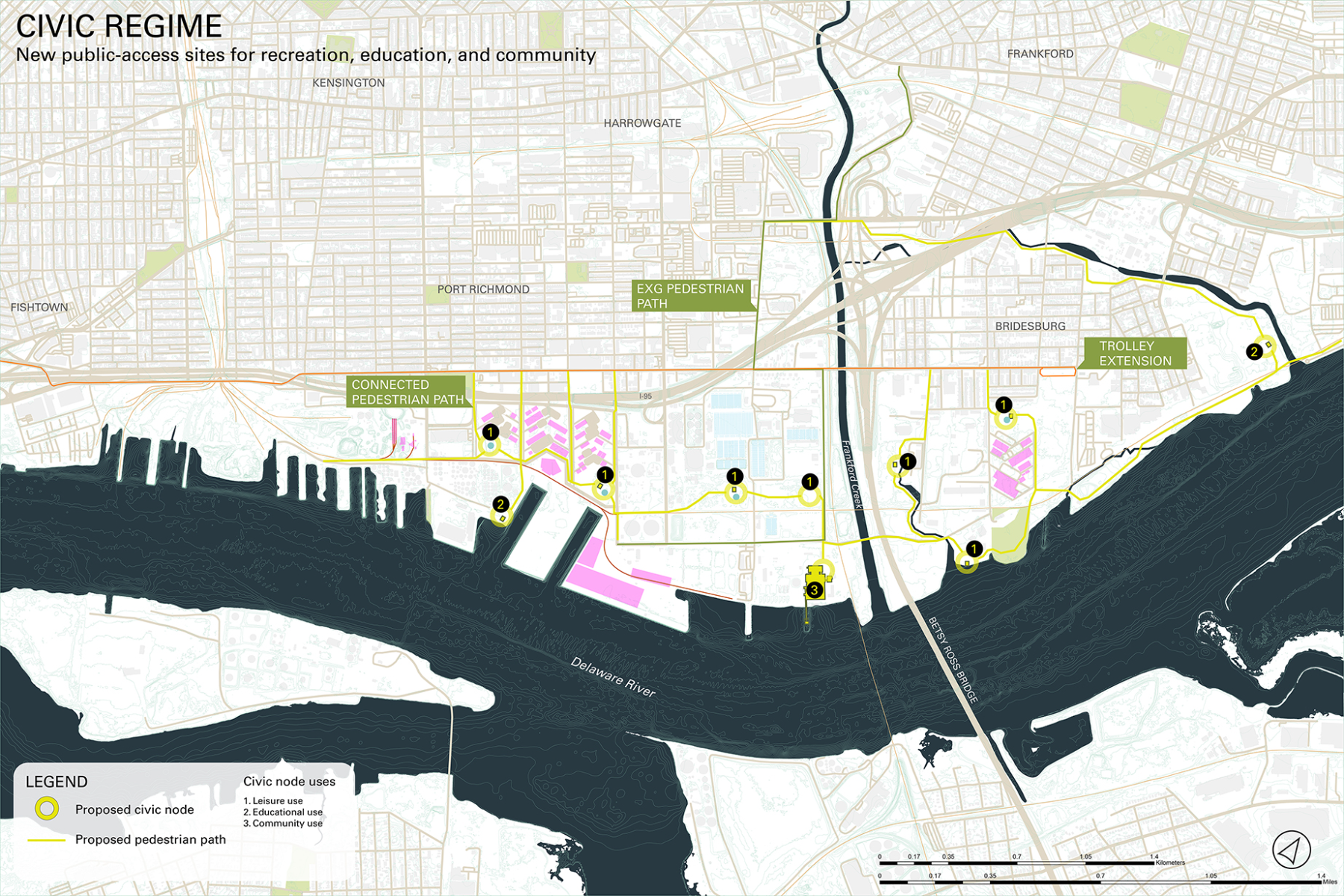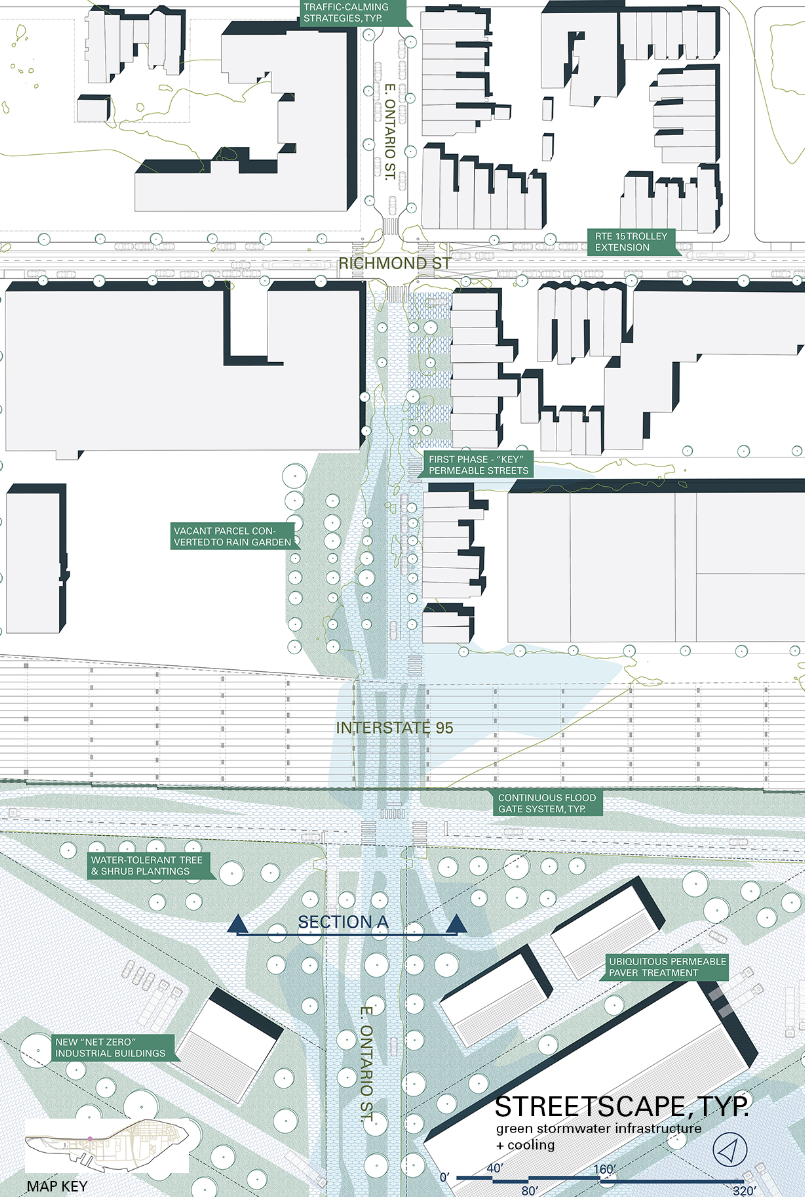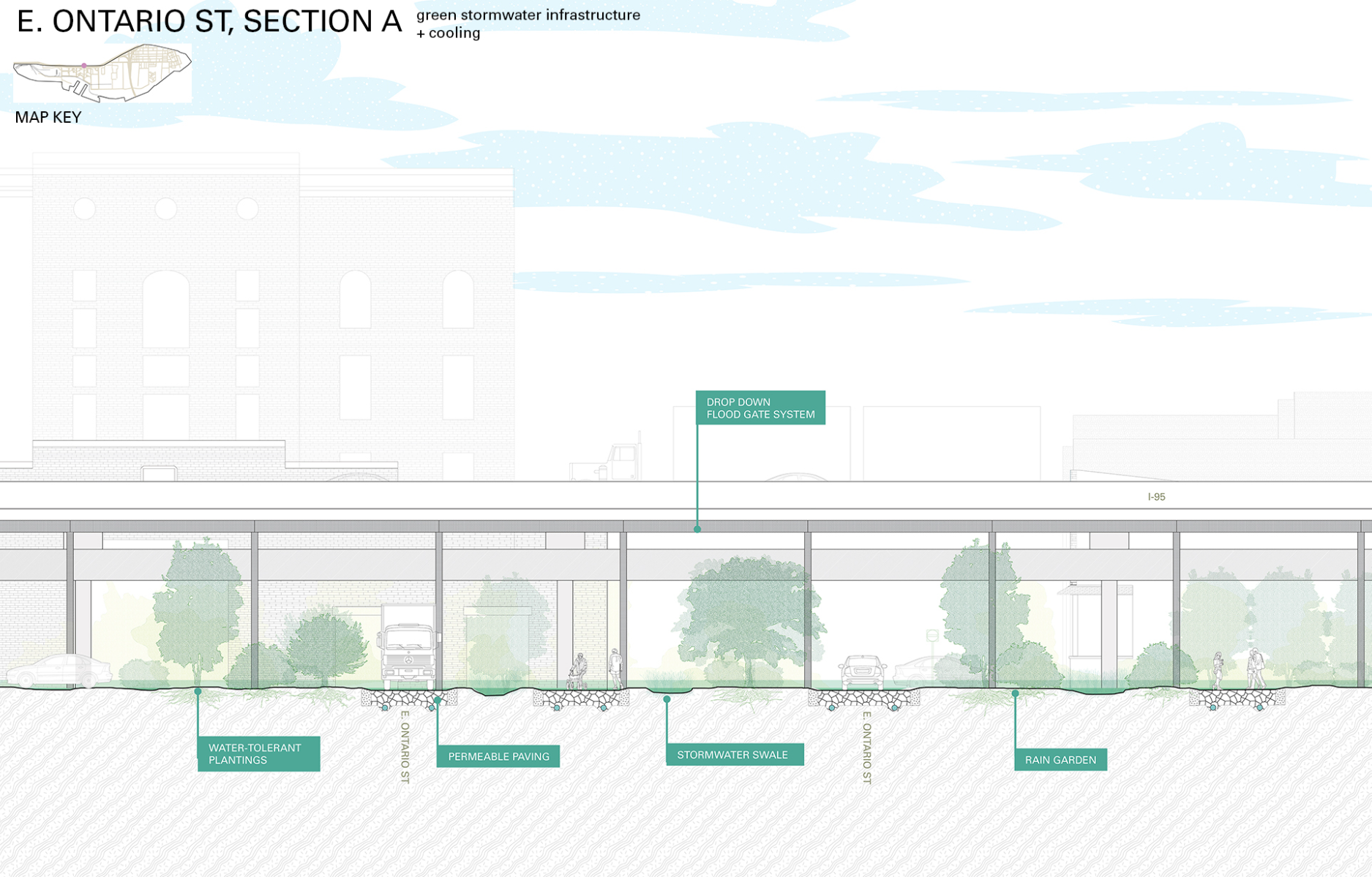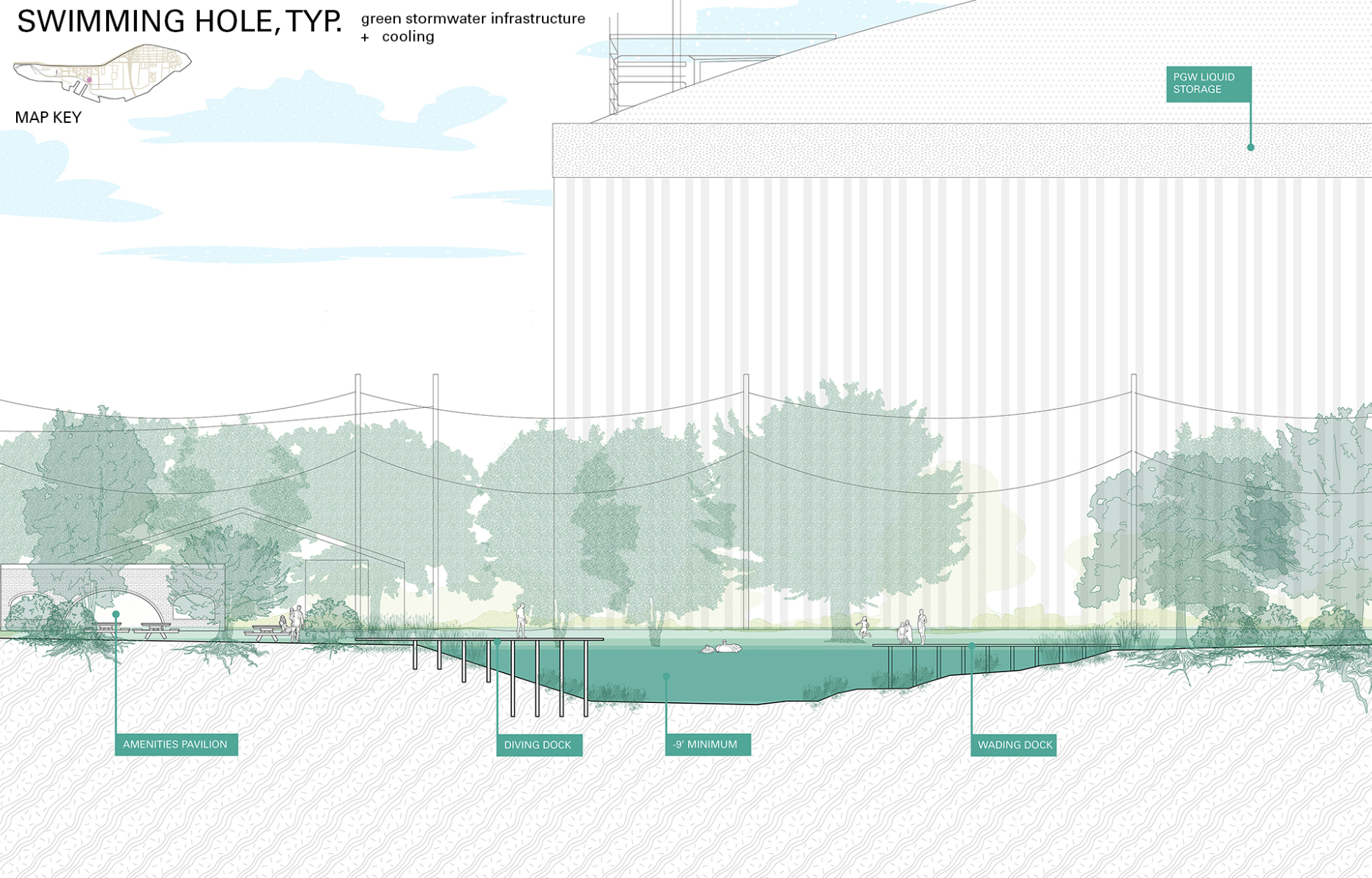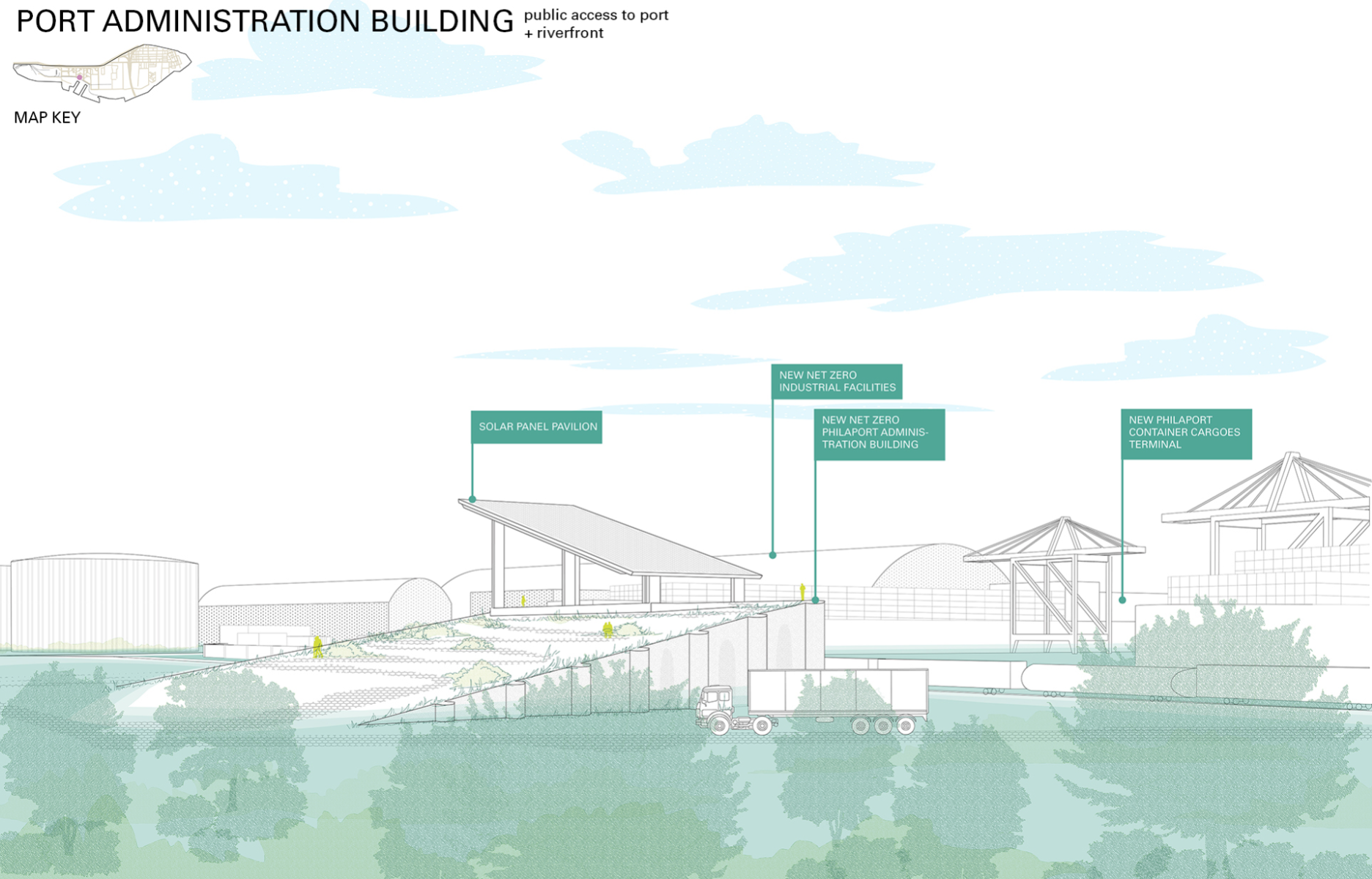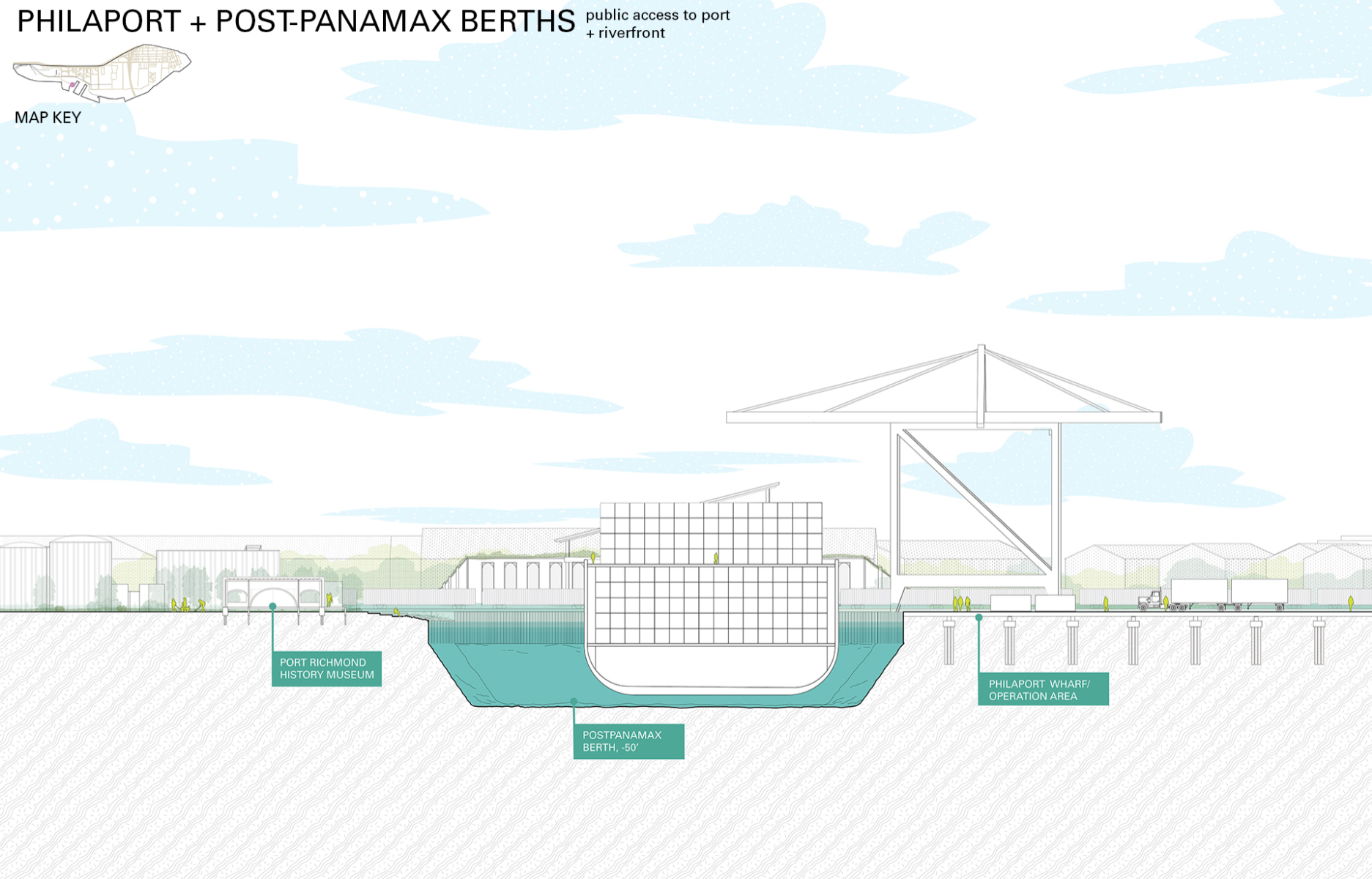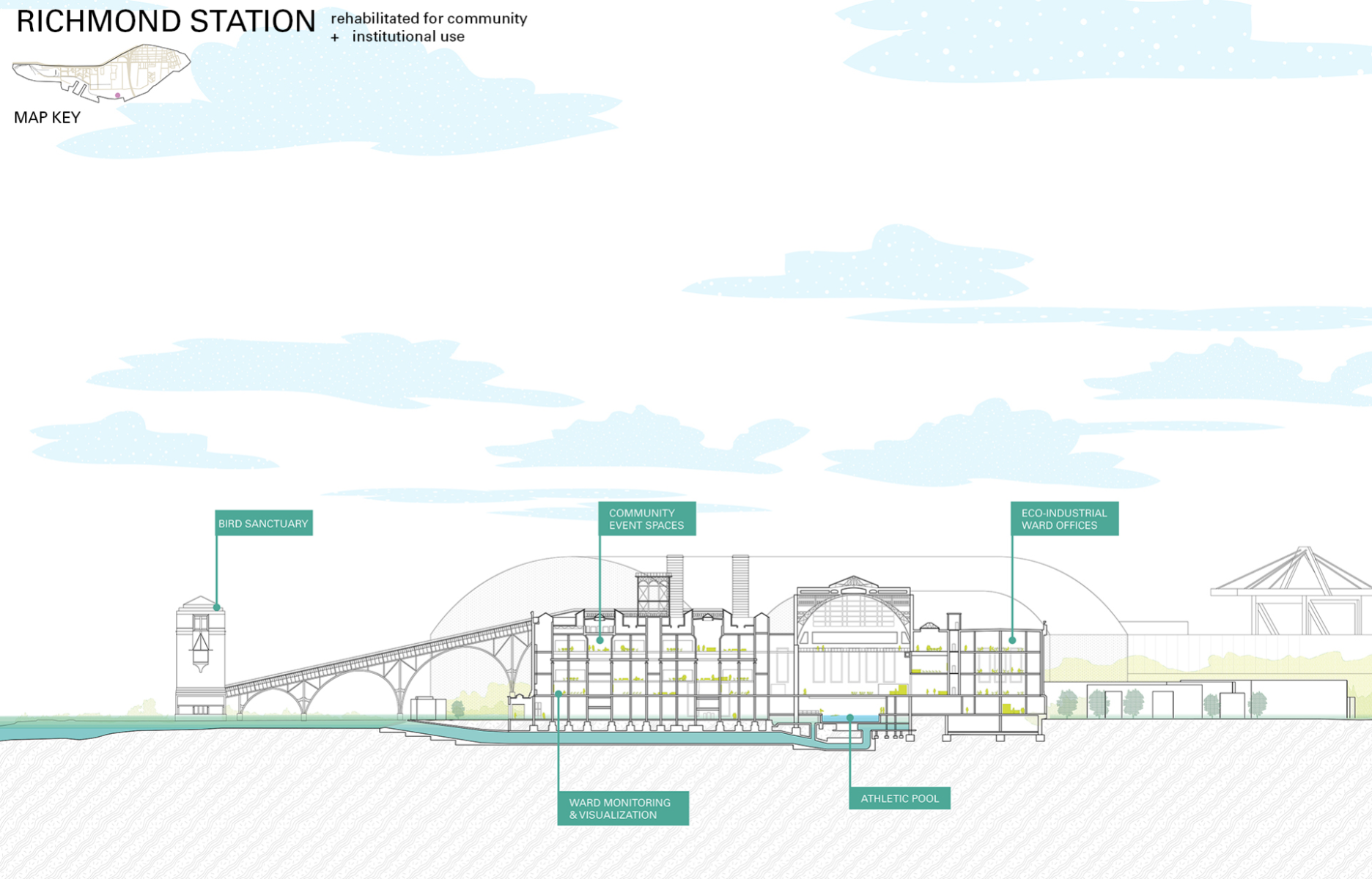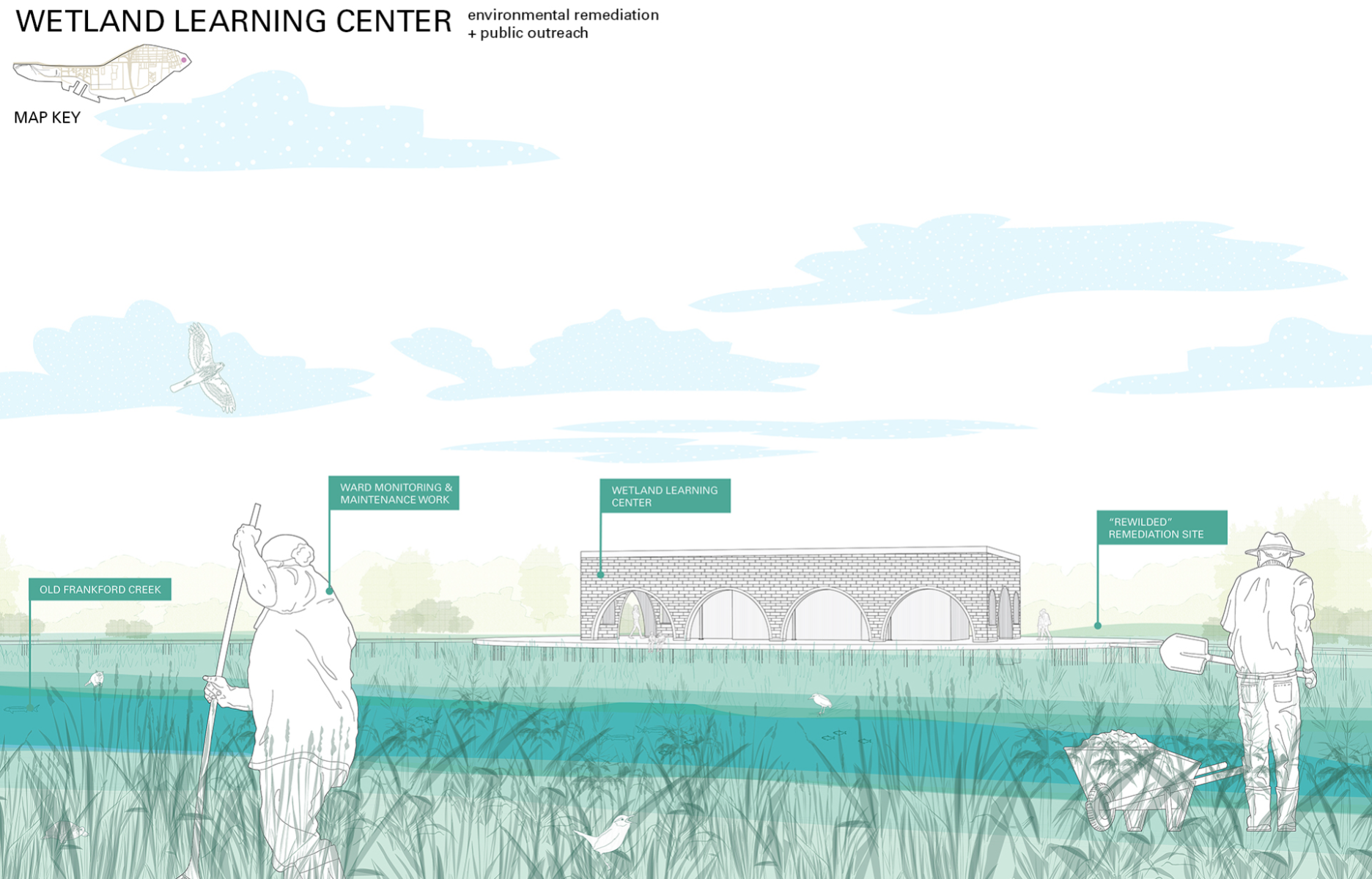Allison Slomski
master of architecture
tulane university
Graduates: 2024
Specialisms: Architecture / Sustainable Design / Landscape / Garden Design
My location: New Orleans, United States


Allison Slomski

First Name: Allison
Last Name: Slomski
University / College: tulane university
Course / Program: master of architecture
Graduates: 2024
Specialisms: Architecture / Sustainable Design / Landscape / Garden Design
My Location: New Orleans, United States
About
insistent processes: Strategies for socio-ecological cohabitation on the working waterfront
As cities around the world face the compounded challenges of climate change, the redevelopment of their post-industrial waterfronts has become a straightforward opportunity to implement new climate resilience strategies, particularly through "green infrastructure." The general lack of inclusion of industrial processes in climate resilience planning, compounded by their local-regional economic importance, makes them particularly vulnerable to climate hazards. The thesis, using one Philadelphia's port terminals as a case study, proposes the reconceptualization of an industrial waterfront area as an "eco-industrial ward," a park-like management system that balances industrial, ecological, and civic needs with green infrastructure strategies. Through adaptive, collaborative monitoring and maintenance processes backed by private-public partnership, the eco-industrial ward is intended to improve public access to the Delaware Riverfront, combine environmental remediation and ecological restoration with flood mitigation strategies, and preserve (and potentially enhance) the economic performance of industrial site actors. Ideally, this cohabitative strategy would be applied to Philadelphia’s other working waterfronts, and become a replicable design process transferable to other cities.
Competitions

